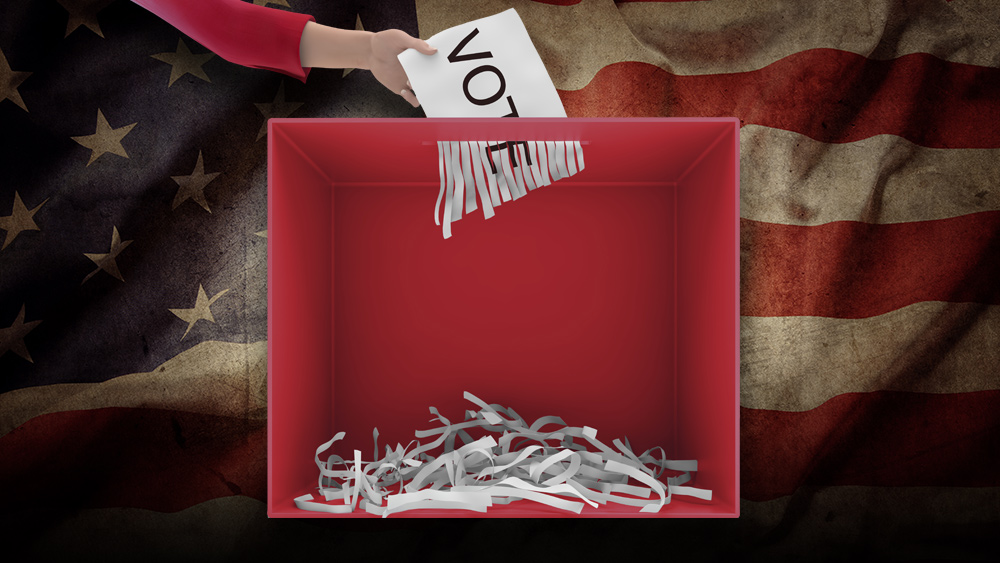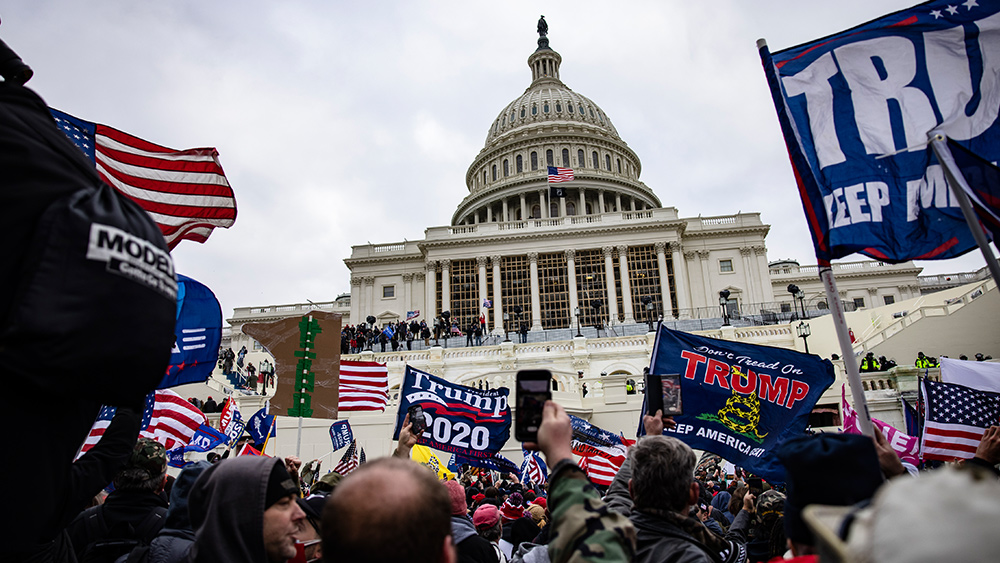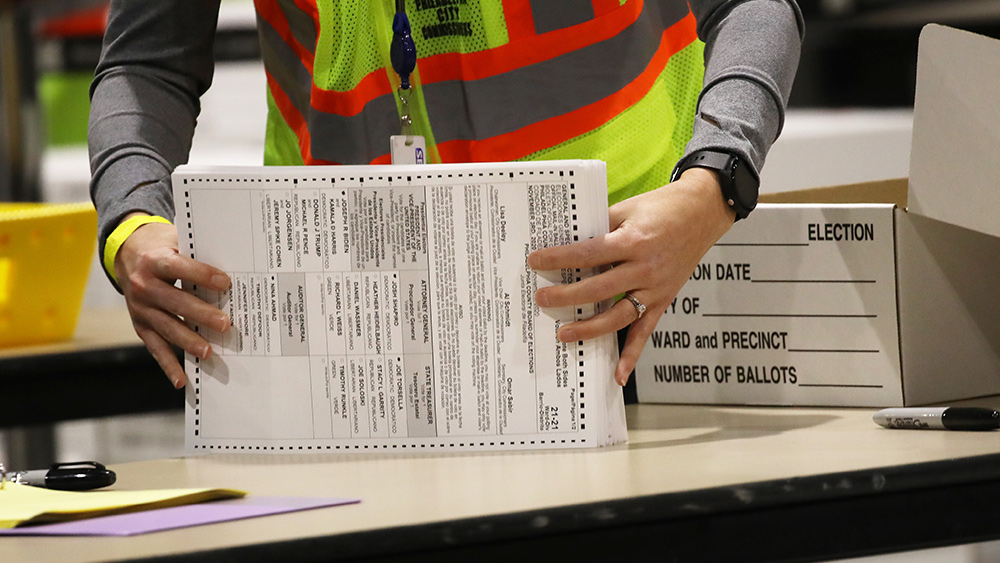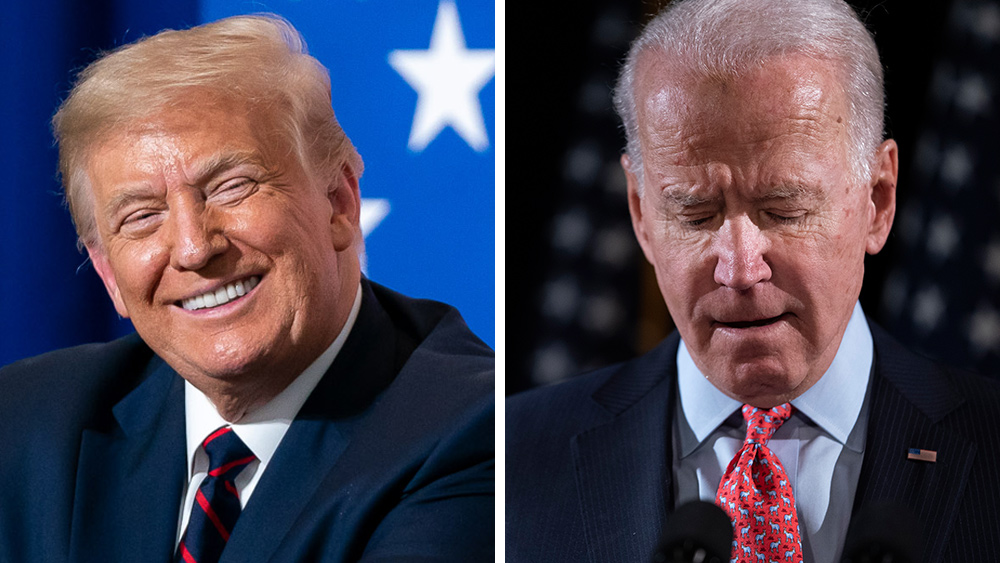FBI sought secret FISA warrant to spy on Trump campaign officials
01/18/2017 / By Don Wrightman
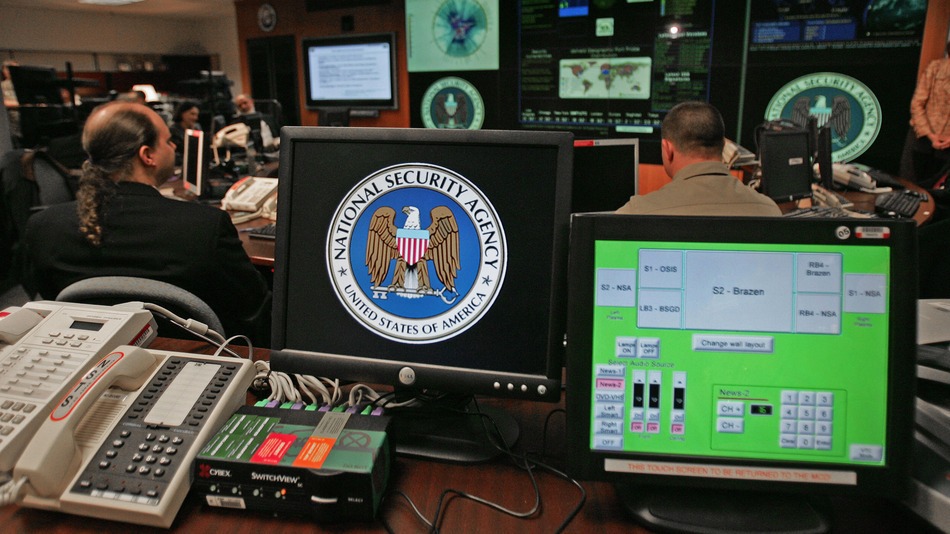
According to recent reports, the FBI was trying to launch a surveillance operation against several officials from Donald Trump’s campaign team over the summer. The FBI sought broad surveillance powers over four highly ranked members of the President-elect’s campaign team during the election, based on claims they had suspicious contact with Russian officials.
It is very rare that the FISA courts turn down an FBI request to conduct surveillance on someone, but they did just that, telling investigators that they needed to narrow their request. The four Trump team members who escaped the FISA warrants were not named directly in the report, however, it was in relation to claims that Russia possessed a significant number of files that could be used to blackmail Trump. The files collectively formed the basis of accusations against Trump campaign personnel members Carter Page, Paul Manafort, Lt. Gen. Micheal Flynn, and Trump’s personal lawer Micheal Choen. Those four men are most likely the names that were omitted in the report.
Secondary reports have surfaced, which speculate that the FBI did in fact seek to fulfill a narrower application in attempt to obtain a warrant from the FISA courts. If these reports are indeed true, it will put a further damper on the relationship between the incoming Trump administration and the intelligence community.
While it’s not incredibly shocking that the FBI was interested in surveilling members of Trump’s campaign team, it is very shocking that the FISA court said no. The last time the FISA court rejected a warrant request was back in 2009. There is an unconfirmed report stating that the FBI was finally granted a warrant in October, but it’s unclear if that has led to a full-on investigation.
The FISA courts were named after the Foreign Intelligence Surveillance Act of 1978. They stamp warrants which grant the US intelligence community broad surveillance powers under amendments to the original 2008 law. The courts proceedings are private, barring the first ever publicly made decision in 2013, when Edward Snowden revealed the existence of the PRISM program by presenting an NSA warrant to surveil Verison’s customer communications.
We don’t have a thorough understanding of the inner workings of the FISA, but we know that’s the place the federal government turns to seek warrants for spying on people, and they usually get their wishes granted. The Department of Justice shows thousands of annual applications are made by the federal government each year, with just a few of those needing modification prior to being approved by the FISA courts. It is likely that a modified version of the rejected warrant application was approved in October – based on the past behavior of the FISA courts, and reports of an unverified dossier that is gradually gaining attention.
Sources:
Submit a correction >>
Tagged Under:
Donald Trump, FISA court, government surveillance
This article may contain statements that reflect the opinion of the author
RECENT NEWS & ARTICLES
Trump.News is a fact-based public education website published by Trump News Features, LLC.
All content copyright © 2018 by Trump News Features, LLC.
Contact Us with Tips or Corrections
All trademarks, registered trademarks and servicemarks mentioned on this site are the property of their respective owners.




